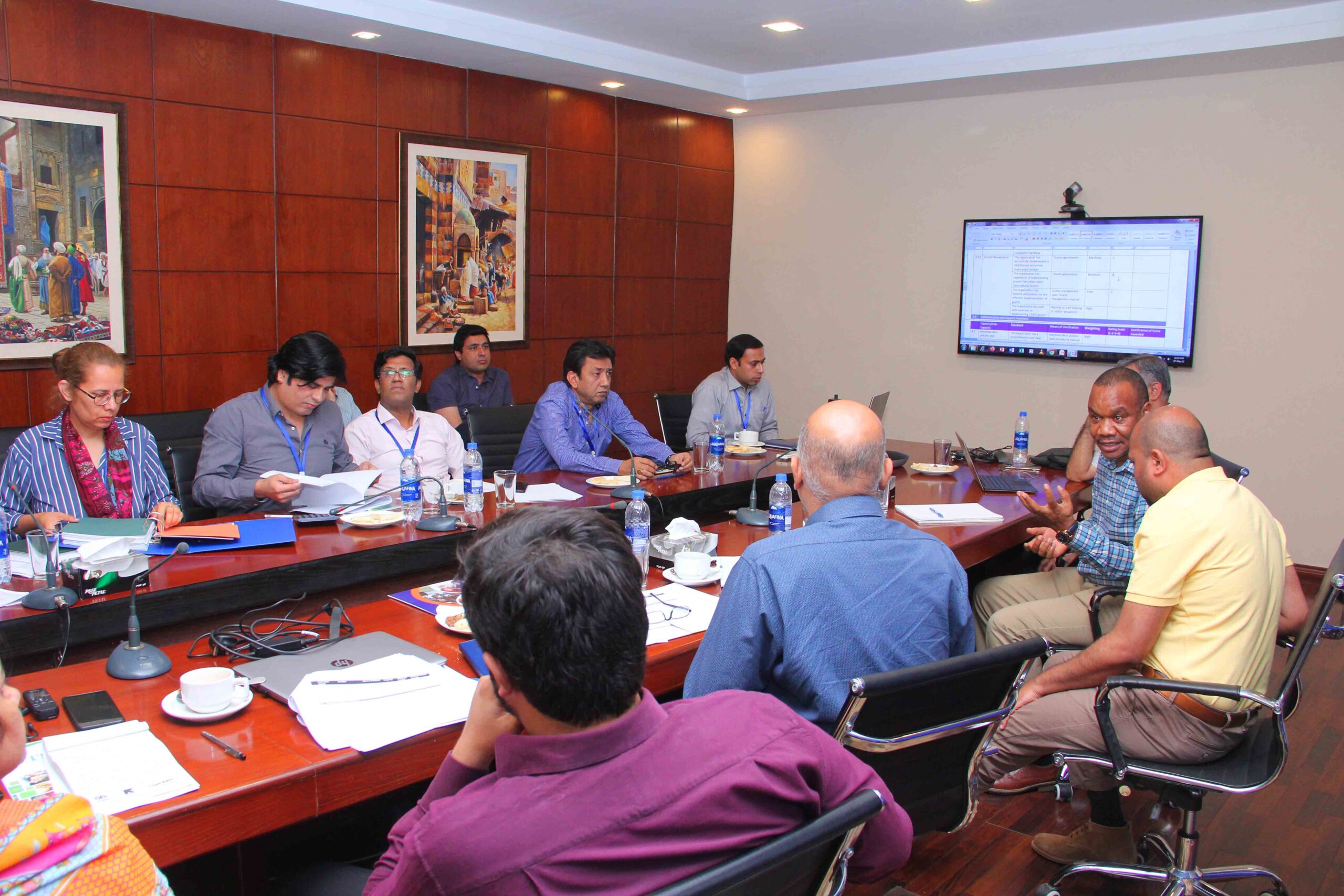Success Story
NPI EXPAND Strengthens the Financial Sustainability of Local Organizations
July 25, 2024
Local organizations play a vital role in developing and implementing solutions for challenges affecting society in their communities and countries. However, financial sustainability is one of the many challenges local organizations face that impede their ability to fulfill their missions. Several factors contribute to this problem. With international funding becoming scarce, there is greater competition among various development actors targeting the limited funding opportunities. Further, international funders are reluctant to directly fund local organizations due to the perceived greater financial risks in direct partnerships with these organizations. Many of the funding requirements set by the large donors and governments require very high accountability and compliance requirements that many local organizations may not be able to satisfy. Many local organizations have limited knowledge, skills, systems, and structures necessary for successful long-term partnerships with international funders. With few local funding sources to turn to, local organizations seek to establish and run social enterprises for direct income, however this is not a feasible solution for many organizations.
As one of USAID’s flagship localization projects, NPI EXPAND was designed to address this challenge, among other objectives. One of NPI EXPAND’s key results is to strengthen the organizational sustainability of local partners. Based on the baseline capacity assessments conducted with NPI EXPAND’s local partners, most of the 46 local organizations prioritized resource mobilization and financial sustainability as critical areas for capacity strengthening support. NPI EXPAND utilized multiple approaches to address this need. 
Across local partners in Ethiopia, Kenya, Liberia, Mali, Senegal, and Tanzania, the project supported organizations to develop resource mobilization strategies and partnership strategies. NPI EXPAND staff and consultants also designed and implemented a training curriculum that was used to train partners on responding to USAID solicitations in Ethiopia, Kenya, Pakistan, Mali, and Senegal. To complement the internal training efforts, NPI EXPAND sponsored local organizations to attend trainings led by a global international development learning firm, Humentum. Local partner representatives attended Humentum-led trainings on NGO financial sustainability, indirect cost recovery, and USAID proposal development. Further, NPI EXPAND created awareness and facilitated many organizations from Ethiopia, Kenya, and Pakistan to register with and utilize the funding and partnerships training and information available in the Work with USAID portal. The project also organized a series of webinars that covered various topics related to USAID’s localization agenda, capacity strengthening, and cost recovery in USAID-funded projects.
NPI EXPAND recognizes that investments in local capacity may take time to start bearing results and that many factors contribute to improved capacity and sustainability of local organizations. Nonetheless, NPI EXPAND’s local partners have seen many results from the capacity strengthening support received through the project.
Partners in Kenya, Ethiopia, Senegal, and Tanzania established fundraising and resource mobilization functions in their organizational structures and either hired staff or engaged consultants with skills and experience to support new business development. Their new awareness about USAID’s cost recovery policy has enabled local organizations that are sub-partners to USAID-funded primes to successfully negotiate for 10% de minimis indirect cost recovery under their sub-awards. Partners in Kenya, Tanzania, Pakistan, and Ethiopia have developed indirect cost recovery policies to ensure consistency when negotiating cost recovery rates with various donors.
The quality of proposals and number of applications submitted also increased among most NPI EXPAND-supported organizations. Some local partners that prepared and submitted the most applications within six months in 2024 include HDF (Pakistan), HRK (Kenya), and NOPE, which submitted 16, 13, and 8 applications, respectively. Many organizations, especially in Kenya, Ethiopia, Senegal, Mali, and Tanzania, started using a consortium approach to bid for various opportunities. Many supported organizations reported improved funding success rates. In Tanzania, for example, SHDEPHA+ secured three projects, including the Challenge Facility for Civil Society funded by STOP TB Partnership, USAID Kizazi Hodari (Brave Generation) Southern Zone Project, under sub-partnership with Deloitte, HIV Care, and Support Project funded by Henry John Foundation for Medical Research Institute. The total funding for all three projects is $1,154,031. Another big success in Tanzania is MKUTA, which was selected as a sub-recipient of the Global Fund grant cycle 7, 2024 – 2026 worth $2.5 million for three years. Further, MKUTA passed the JSI pre-award assessment to implement a USAID TB Implementation Framework Agreement for the coming twelve months from July 2024, $200,000 for one year. In Pakistan, HDF ($735,827), TWO ($251,346), Hujra ($161,579), WEO ($1,053,956), and PADO ($1,522,797) also registered high returns from their resource mobilization efforts. In Ethiopia, CVDA and IWCIDA secured multimillion-dollar funding from various sources.
The progress and results seen by these local organizations supported by NPI EXPAND are encouraging. Many of the organizations are on course to diversify income from multiple funding sources. Having more funding from multiple sources will go a long way toward helping local organizations fulfill their missions and increase their contributions to the development of their countries.